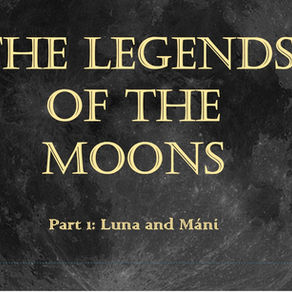
The Classics and I
My Research and Other Indulgences
My focus is on historiography, the study of the writing of history. I have worked on Thucydides, Polybius, and am currently also starting a project on Herodotus. I am particularly interested in the approaches ancient historians took to historical explanation. I believe we have a lot to learn from them. I am still working on Polybius who was the subject of my doctorate. He was a shrewd and brilliant historian, who was in the unique position of being in Rome during its imperial expansion. His observations became his great history.

Polybius of Megalopolis
Polybius was a Greek statesman and politician who was detained in Rome between 167-150 BC and he wrote a rich, interesting, thought-provoking, and still relevant history. A must read! He was fortunate in his captivity, in that he ended up placed with Aemilius Paullus and became tutor to his sons, the younger of whom would become Scipio Aemilianus, sacker of Carthage. He used Greek political theory to make sense of Rome to his fellow conquered Greeks.
Picture taken from: https://www.livius.org/sources/content/polybius/
If you would like to see more about my writing and publications, please visit:
https://oxford.academia.edu/GeorginaLongley
I would be delighted also to receive any queries. Please use the contact form or email me directly on: madclassicist101@gmail.com

Wordy Wonders
The Wonderful World of Derivatives
Salvete amici! Each week I shall post a word that is derived from Latin or Greek and explain how the original and the derivative are related. You will realise that you are using Latin and Greek every day. ‘Latin is a language as dead as dead can be...’? Well, actually it is alive and well, just evolved.
Classical Musings
Thought for the Day
Food for thought both from and inspired by the Ancient World.

SENTENTIA PRIMA
HUMOUR: Humour can certainly be regarded as culturally and linguistically specific, and frequently Lost in Translation. However, the existence of humour is universal. There must, therefore, be similarities that connect all systems and cultures of wit. What is that? Here is a joke from Cicero, which I think can make the modern reader chuckle:
Once, Cicero had called Publius Cotta as a witness. Publius Cotta fancied himself a skilled and highly knowledgeable lawyer, likely a somewhat inflated self-image, which Cicero was keen to point out. When Cotta responded to one of Cicero's questions that he knew nothing of the matter, Cicero replied: 'oh, did you think I was asking you about a point of law?'
sententia cotidiana continues in the BLOG
















